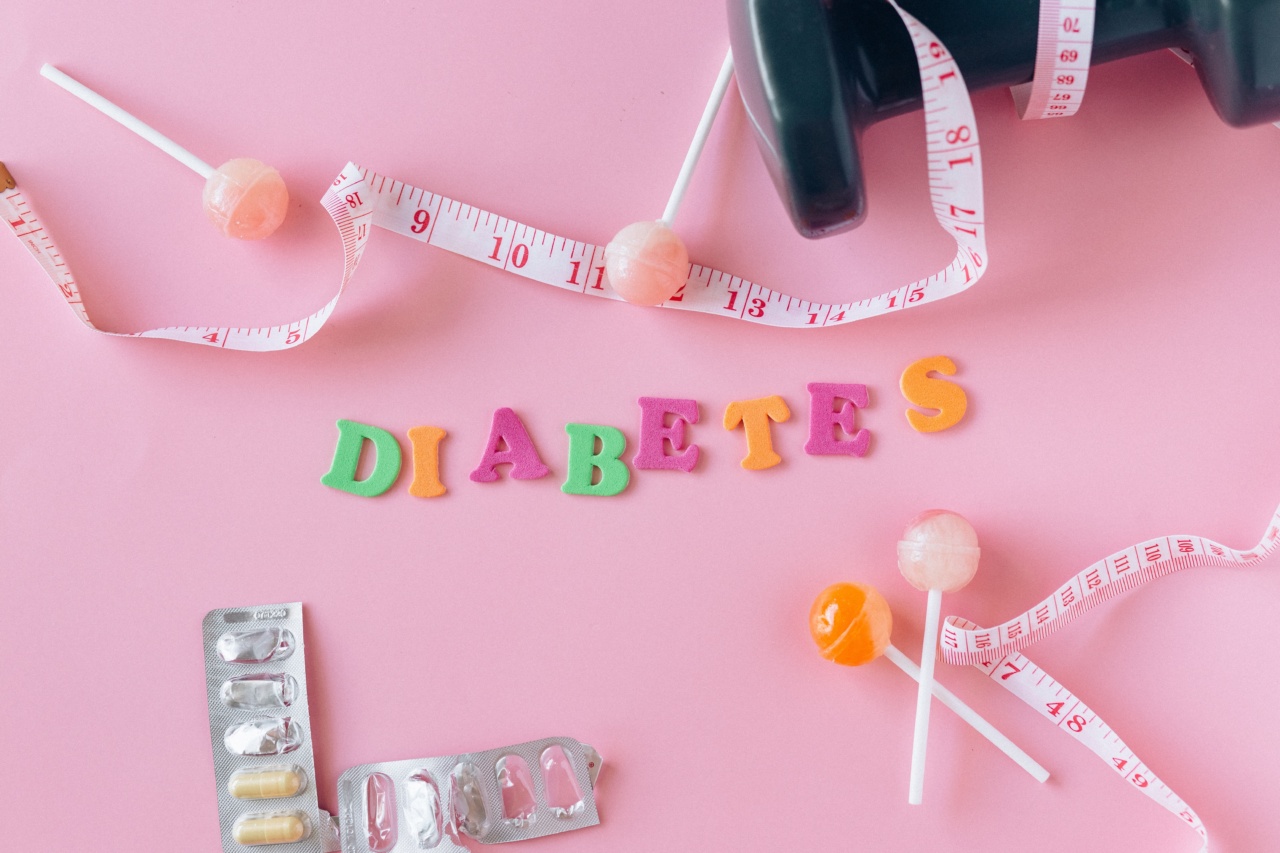Cancer is a disease that affects millions of people worldwide and remains a leading cause of death.
While certain risk factors such as genetics and exposure to carcinogens cannot be controlled, there are preventive measures individuals can take to reduce the risk of developing cancer. One such measure is maintaining a healthy lifestyle that includes a balanced diet and regular physical activity. This article explores the important connection between food and fitness in cancer prevention.
The Role of Nutrition in Cancer Prevention
A well-balanced diet plays a crucial role in cancer prevention. Certain foods are rich in antioxidants, vitamins, and other essential nutrients that have been shown to help reduce the risk of various forms of cancer.
1. Fruits and Vegetables:.
Eating a variety of colorful fruits and vegetables can provide the body with powerful antioxidants that help protect cells from damage.
Cruciferous vegetables, such as broccoli and cauliflower, are particularly known for their cancer-fighting properties.
2. Whole Grains:.
Incorporating whole grains, such as brown rice, whole wheat bread, and quinoa, into the diet can help maintain a healthy weight and reduce the risk of colorectal cancer.
3. Lean Protein:.
Opting for lean sources of protein, like chicken, fish, and legumes, can lower the risk of cancer compared to consuming red and processed meats regularly.
4. Healthy Fats:.
Choosing foods rich in healthy fats, such as avocados, nuts, and olive oil, can help provide the body with essential nutrients and protect against certain types of cancer.
5. Limiting Sugar and Processed Foods:.
High consumption of sugar and processed foods has been linked to an increased risk of cancer. Limiting the intake of these foods is essential for overall health and cancer prevention.
The Impact of Physical Activity on Cancer Prevention
In addition to a healthy diet, maintaining regular physical activity has been shown to lower the risk of developing several types of cancer.
Engaging in moderate-intensity exercise for at least 150 minutes per week or vigorous-intensity exercise for 75 minutes per week can have significant benefits in cancer prevention.
1. Weight Management:.
Regular physical activity helps maintain a healthy weight, reducing the risk of obesity-associated cancers such as breast, colorectal, and pancreatic cancer.
2. Hormone Regulation:.
Physical activity can help regulate hormone levels in the body, including sex hormones like estrogen, which is linked to certain types of cancer.
3. Immune System Boost:.
Exercise has been shown to strengthen the immune system, improving the body’s ability to fight off cancer cells and prevent tumor growth.
4. Improved Digestion:.
Regular exercise helps stimulate digestion and reduce the risk of digestive system cancers like colon and rectal cancer.
5. Reduced Inflammation:.
Chronic inflammation is associated with an increased risk of cancer. Physical activity helps reduce inflammation in the body, lowering cancer risk.
Combining Food and Fitness for Maximum Prevention
While nutrition and physical activity have individual benefits in cancer prevention, combining both aspects in a healthy lifestyle provides even greater protection.
1. Balanced Diet:.
Adopting a diet rich in fruits, vegetables, whole grains, lean proteins, and healthy fats while limiting sugar and processed foods is crucial for cancer prevention.
2. Meal Planning:.
Creating a meal plan that includes a variety of cancer-fighting foods and ensures adequate nutrient intake is beneficial. Incorporating different colors and types of fruits and vegetables can help diversify nutrient intake.
3. Regular Exercise Routine:.
Developing a consistent exercise routine that includes both aerobic activities and strength training is essential for cancer prevention.
4. Seeking Professional Guidance:.
Consulting with a nutritionist or fitness professional can provide personalized guidance on diet and exercise for cancer prevention, taking into account individual needs and goals.
Conclusion
While there is no foolproof way to prevent cancer, adopting a healthy lifestyle that emphasizes proper nutrition and regular physical activity significantly reduces the risk of developing this devastating disease.
A balanced diet filled with cancer-fighting foods combined with a consistent exercise routine creates a powerful defense against cancer. By incorporating the recommendations mentioned in this article, individuals can take proactive steps towards cancer prevention and improve overall well-being.































